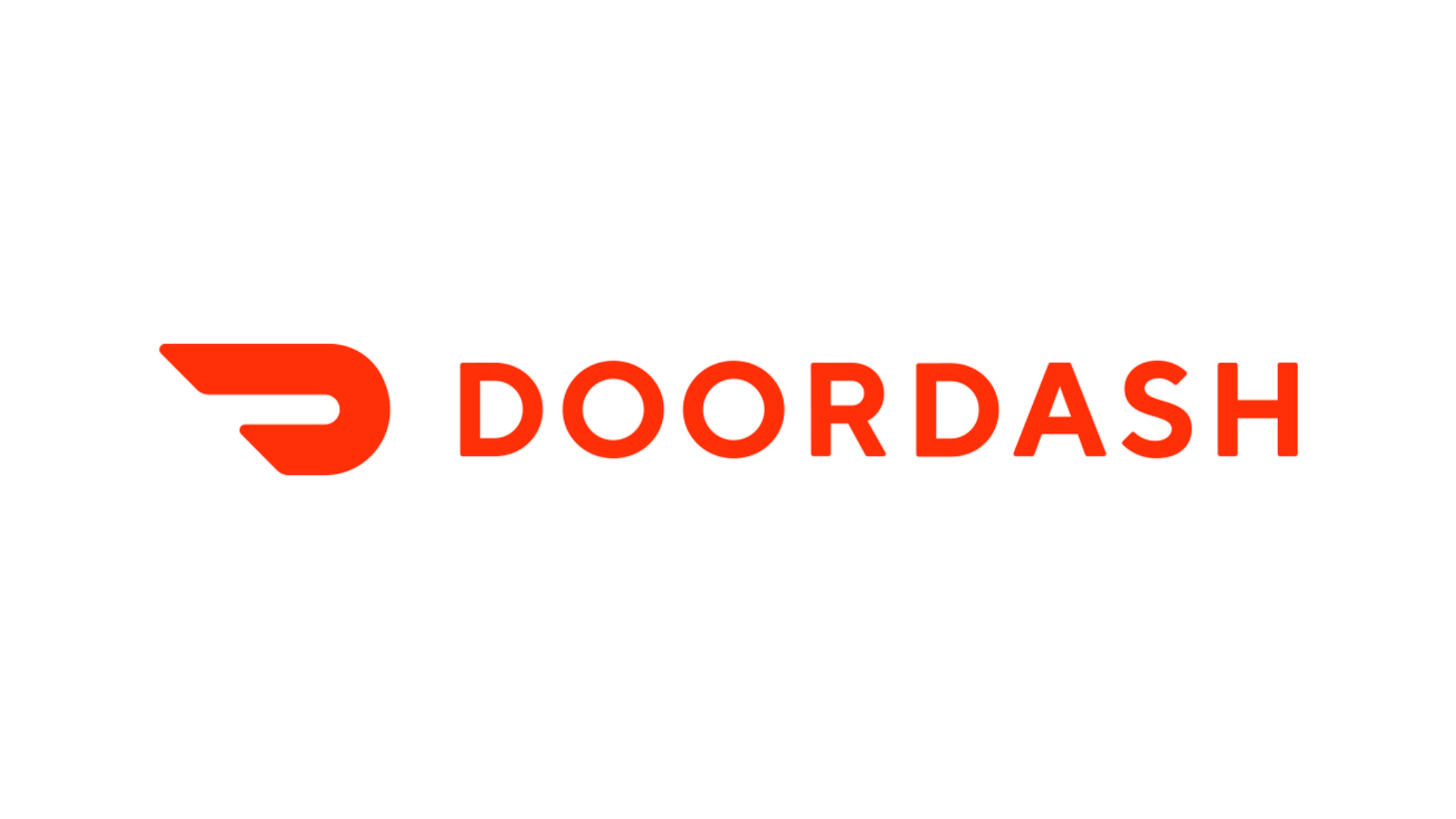
New EU Provision Prevents Apple from Gatekeeping Access to Hardware and Software Features

The European Union (EU)’s Digital Markets Act (DMA) now features conditions that would require “gatekeepers” like Apple to give developers access to all of the hardware and software features on their devices — reports MacRumors.
The new provision comes on the heels of charges the EU filed against Apple earlier this month for preventing Apple Pay competitors from accessing the near-field communication (NFC) tech that enables contactless payments on its devices.
New additions to the legislation also stipulate that every company subject to it must establish an independent “compliance function.”
This internal department will consist of compliance officers who will be responsible for monitoring and ensuring their company’s compliance with EU laws and be headed. The group will have to be led by an “independent senior manager with distinct responsibility for the compliance function.”
The DMA is set to bring about unprecedented changes to the way Apple, its devices, and its services operate — at least in the EU.
Regulatory requirements currently outlined within the DMA would require Apple to allow users to sideload apps and install third-party app stores on its platforms.
For developers, the legislation would mean the freedom to use third-party payment systems on the App Store, the ability to direct users to purchases outside the App Store, and better access to Apple’s own services and data collected by the tech giant.
A more recent provision in the DMA would also force Apple and other big tech companies, like Facebook parent Meta, to make communications services like instant messaging and voice/video calling interoperable across platforms.
The DMA is largely focused on knocking down the walls and barriers big tech companies have erected around their ecosystems, wherever they may be.
The EU governments reached a provisional agreement on the DMA earlier this week, with 43 votes in favour, one against, and one abstention, demonstrating just how eager the EU is to push regulation on Big Tech. Given how much regulatory pressure and scrutiny Apple is currently facing around the globe, other governments share the EU’s sentiments.
The proposals included within the DMA will be put to a final vote in the European Parliament in July. If passed, the DMA will be formally adopted by the European Council and published in the EU Official Journal. The DMA will take effect 20 days after publication, and companies subject to it will have six months to comply.

